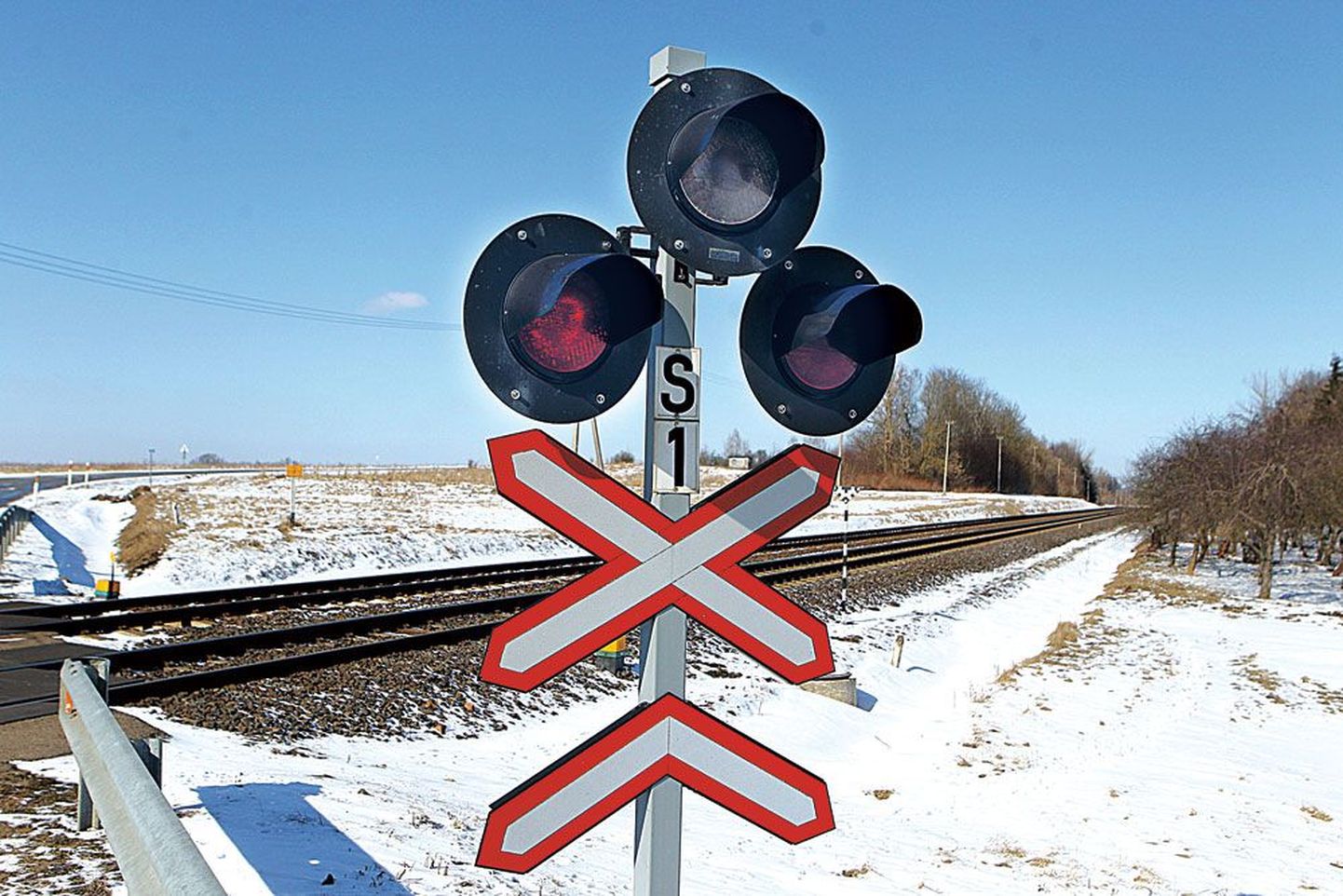Yesterday and today, Kaunas hosts another three-state get-together of delegations. Among other things, they are discussing a fresh requirement by Lithuania: Rail Baltic will have to pass through Vilnius. In the beginning, the Lithuanians showed no interest towards having the trains travel through Vilnius; therefore, a version like this was never proposed. The course was supposed to go via Kaunas. Now, as Vilnius is thrown into the game, this feels like another pretext to delay the creation of joint company.
Examples of Lithuanian countermoves would abound. Like: their law would not allow creation of the joint company. Then, they endlessly debated the wording and, afterwards, the interpretation thereof. Or: the head of the company ought to be appointed by the Lithuanian prime minister.
On these issues, the Estonians and Latvians in the know would rather not comment too much. As a reason for reluctance to speak out, they claim the Lithuanians would then get another cause to complain.
The chief reason for the stalemate is: the Lithuanian government actually does not want Rail Baltic at all. The previous one did, but this government does not – this is the only reasonable explanation, informed sources tell Postimees. The current Lithuanian government, and the transport minister in particular, are much more interested in the business interests of Lithuanian Railways (or, rather, are actually dependent on these). For Lithuanian Railways, however, what matters most are the East-West trade route and the Kaunas logistics centre next to it. From the windows of the Lithuanian Railways office, the North-South Rail Baltic looks like a bothersome competitor.

